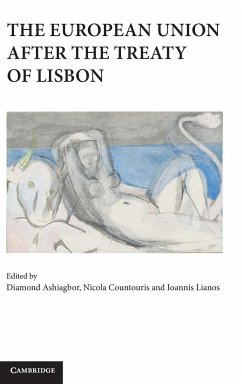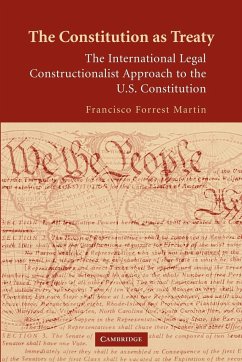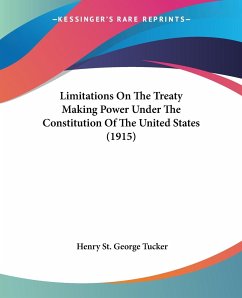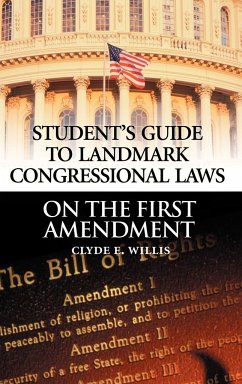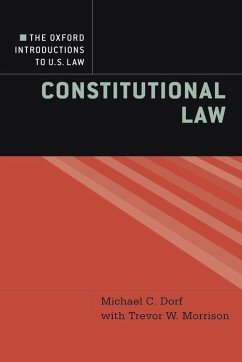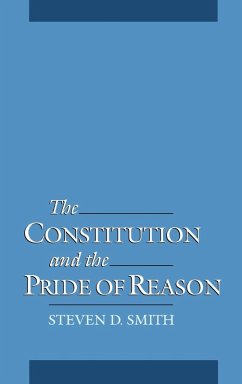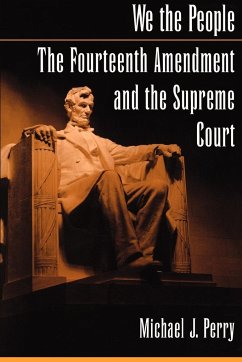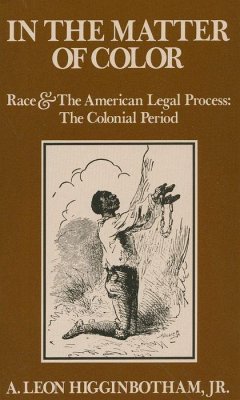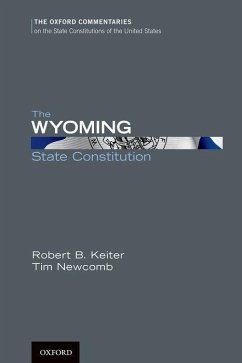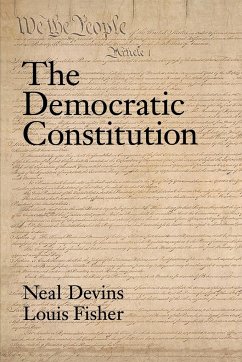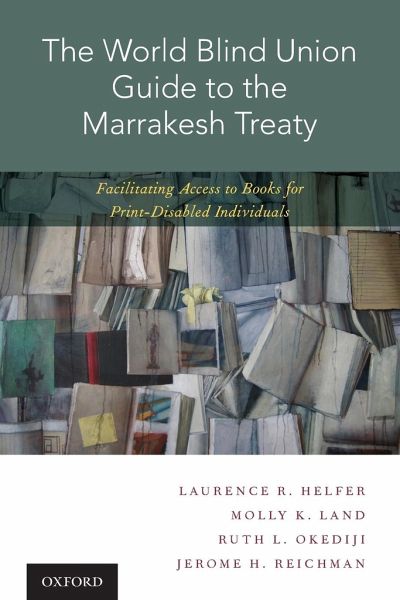
World Blind Union Guide to the Marrakesh Treaty
Facilitating Access to Books for Print-Disabled Individuals
Versandkostenfrei!
Versandfertig in 1-2 Wochen
40,99 €
inkl. MwSt.

PAYBACK Punkte
20 °P sammeln!
The Marrakesh Treaty to Facilitate Access to Published Works for Persons Who Are Blind, Visually Impaired, or Otherwise Print Disabled is a watershed development in the fields of intellectual property and human rights. As the first international legal instrument to establish mandatory exceptions to copyright, the Marrakesh Treaty uses the legal and policy tools of copyright to advance human rights. The World Blind Union Guide to the Marrakesh Treaty offers a comprehensive framework for interpreting the Treaty in ways that enhance the ability of print-disabled individuals to create, read, and s...
The Marrakesh Treaty to Facilitate Access to Published Works for Persons Who Are Blind, Visually Impaired, or Otherwise Print Disabled is a watershed development in the fields of intellectual property and human rights. As the first international legal instrument to establish mandatory exceptions to copyright, the Marrakesh Treaty uses the legal and policy tools of copyright to advance human rights. The World Blind Union Guide to the Marrakesh Treaty offers a comprehensive framework for interpreting the Treaty in ways that enhance the ability of print-disabled individuals to create, read, and share books and cultural materials in accessible formats. The Guide also provides specific recommendations to government officials, policymakers, and disability rights organizations involved with implementing the Treaty's provisions in national law.



